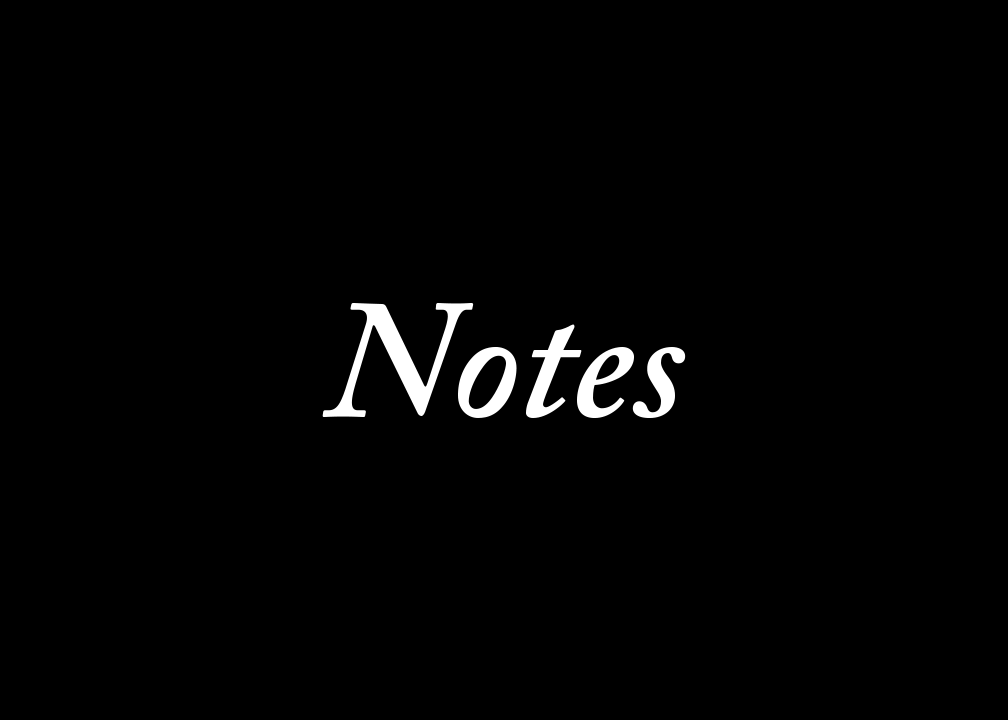Election Day approaches
The election for mayor, alderpersons, and police district councils will take place on Tuesday, February 28. Early voting can be done up until Monday the 27th. The supersite at 191 N. Clark St., the office of the Board of Election Commissioners at 69 W. Washington St., 6th Floor, and all fifty polling places in each ward will be open from 6am–7pm on election day. A government-issued ID is not required to vote, but may be helpful if you are updating your address or if there are questions about your registration. You can vote in the polling place in your ward, or at any other site—the choice is yours. Check out chicagoelections.gov/en/early-voting.html for the full list of voting locations. For races in which no candidate receives more than fifty percent of the vote, a runoff will take place on April 4.
Environmental “enforcement theater”
Earlier this month, Neighbors for Environmental Justice (NEJ) published a report titled “Ineffective by Choice: A Review of Environmental Enforcement Data in Chicago.” The report analyzes environmental enforcement data from 2002 to 2022 and concludes that the city rarely penalizes polluters for breaking the law. The Department of Environment (DOE), created in 1992 under Mayor Richard M. Daley, was shuttered in 2012 by Mayor Rahm Emanuel. When the Chicago Department of Public Health adopted responsibility for environmental enforcement in 2012, “the number of environmental violations prosecuted by the city declined substantially and enforcement priorities shifted,” according to the report. CDPH issued half as many citations from 2012 to 2022 than the DOE issued from 2002 through 2011, leading NEJ to conclude that today, CDPH rarely enforces environmental laws, allowing companies to pollute without consequences. NEJ added that instead of meaningfully enforcing the law, the city “performs a kind of enforcement theater.” During her 2019 election campaign, Mayor Lori Lightfoot promised to reinstate the DOE but has, so far, failed to do so. Instead, her administration appointed a chief sustainability officer and created a ten-person Office of Climate and Environment. But critics say these actions are not enough to address the climate crisis, due to the limited power and size of the office.
Chicago journalists harassed for their reporting
Over the past few weeks, journalists affiliated with the Chicago Reader and The TRiiBE have been the targets of harassment campaigns on social media for their coverage of a Police District Council candidate and the shooting of a Black man by Paul Vallas’s son. In January, Jim Daley, a former Weekly editor and then-news editor at the Chicago Reader, published a story detailing racist, sexist, and homophobic comments made online and in group chats by Pericles “Perry” Abbasi, an election attorney for the Fraternal Order of Police (FOP) and FOP-endorsed candidate for the 25th Police District Council. After the article’s publication, dozens of Abbasi’s supporters began harassing Daley on Twitter, with Abbasi retweeting the harassment.
Daley was hired by The TRiiBE in early February and reported a story on mayoral candidate Paul Vallas’s son being one of three cops who shot and killed a fleeing Black man in Texas last year. When the story was published, The TRiiBE was targeted for racist harassment on social media.
These harassment campaigns, which include threats of violence, make clear the importance of the work these journalists are doing as well as the imperative for fellow journalists to show support and solidarity. Reporting on the powerful always comes with risks, but that doesn’t mean we should accept them as inevitable or do nothing. To show your support, head over to The TRiiBE’s website, subscribe and donate.

